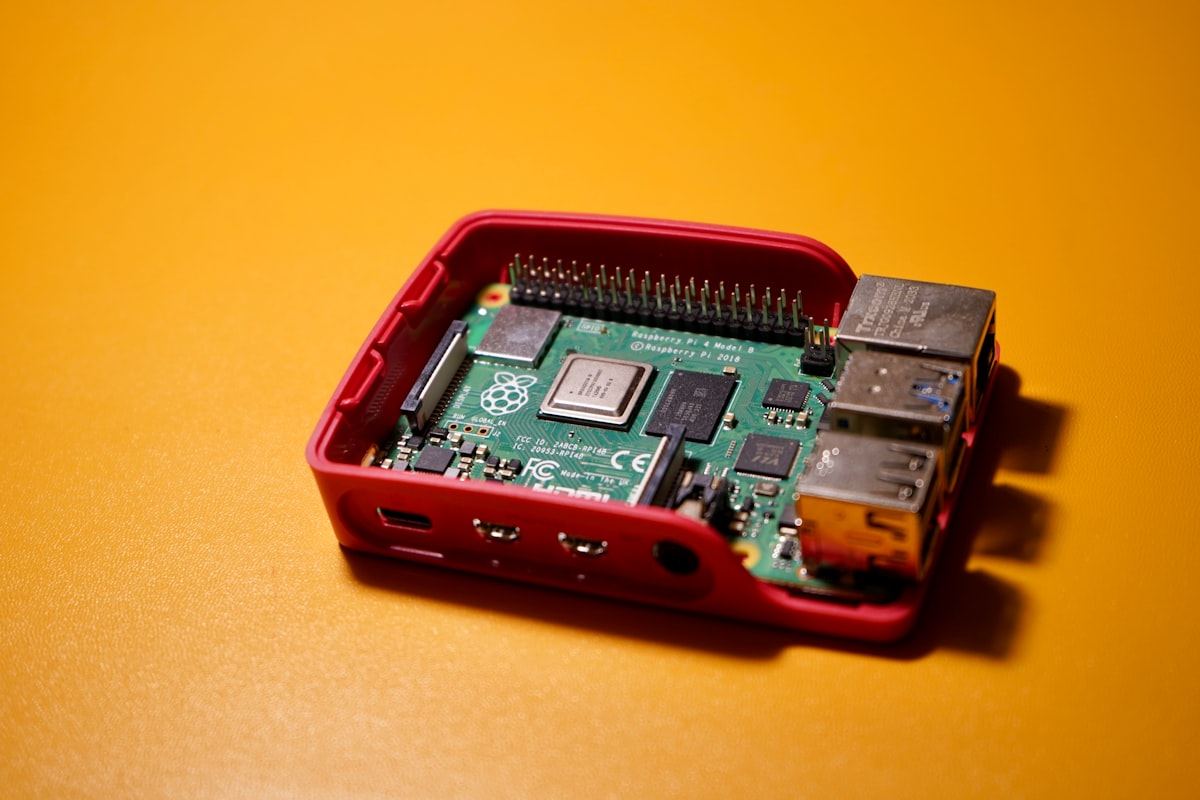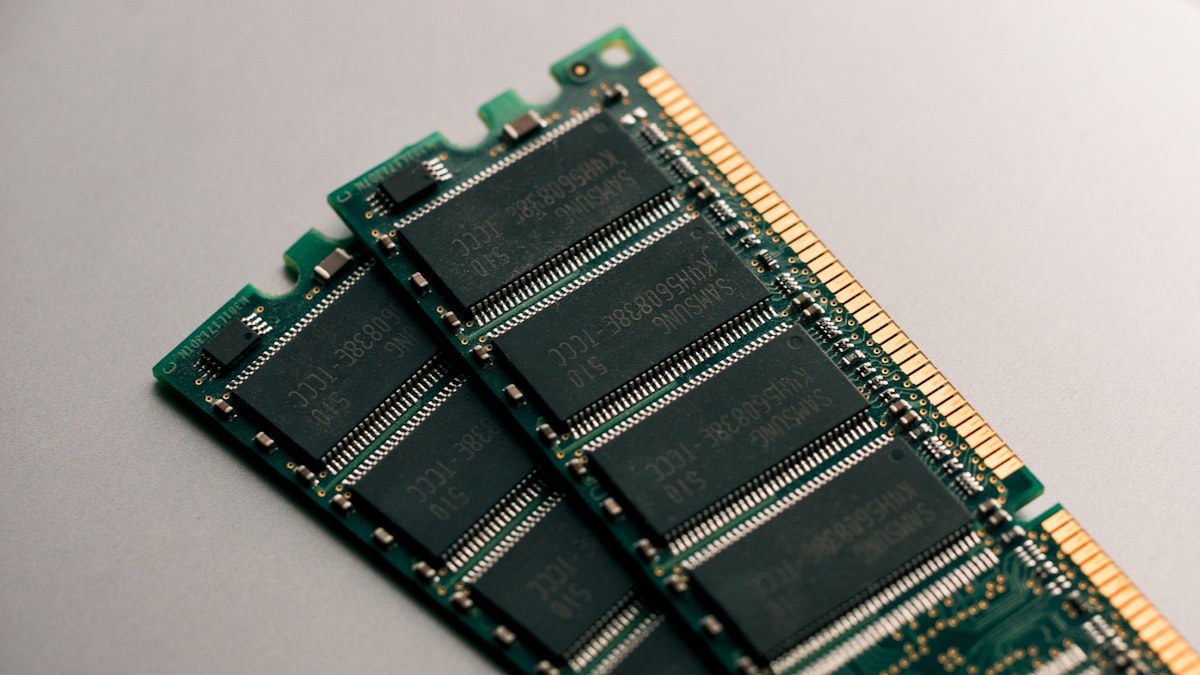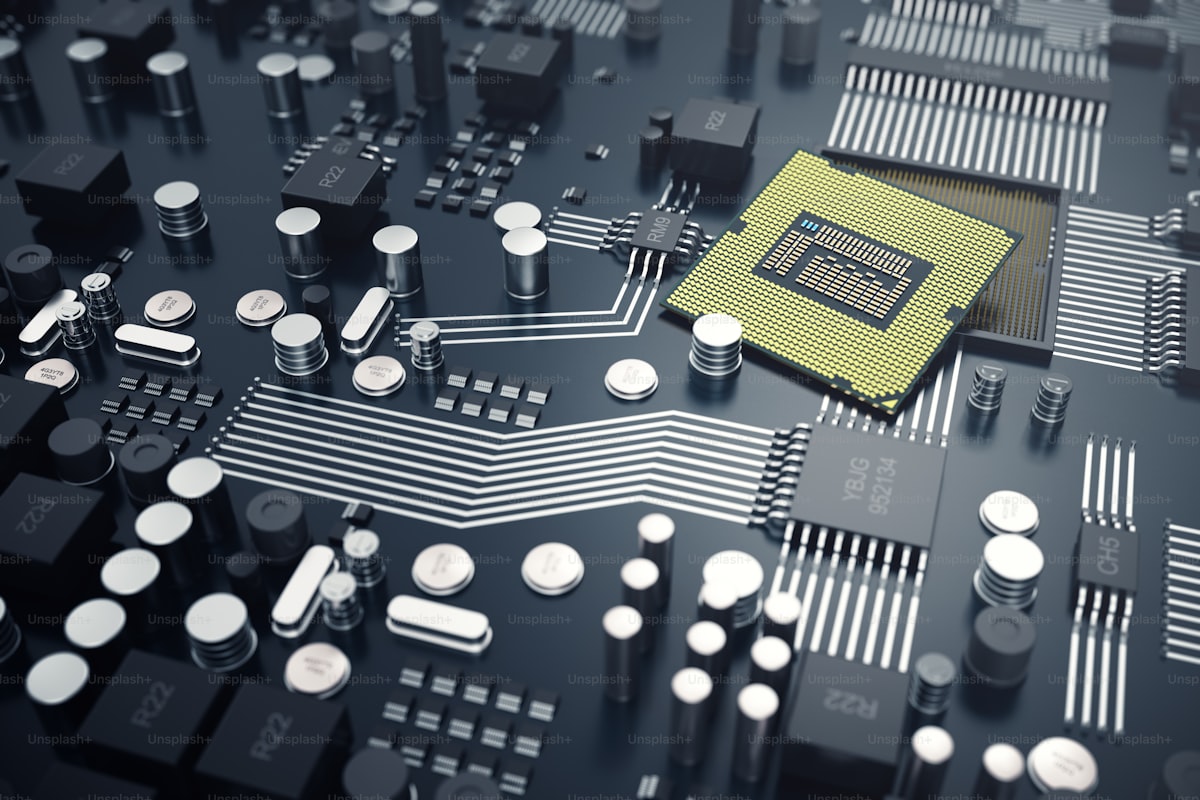Artificial Intelligence refers to the simulation of human intelligence in machines that are programmed to mimic cognitive functions such as learning, problem-solving, and decision-making. Unlike traditional computer programs that follow predefined instructions, AI systems have the ability to analyze data, recognize patterns, and adapt their behavior based on experience, much like the human brain.
Applications of Artificial Intelligence:
- Natural Language Processing (NLP): AI-powered NLP enables machines to understand and interpret human language, facilitating applications such as virtual assistants (e.g., Siri, Alexa), language translation, and sentiment analysis.
- Machine Learning (ML): ML algorithms enable computers to learn from data and improve performance over time without being explicitly programmed. ML is used in a wide range of applications, including image recognition, speech recognition, recommendation systems, and predictive analytics.
- Computer Vision: AI-driven computer vision technologies enable machines to interpret and analyze visual information from images or videos, enabling applications such as facial recognition, object detection, autonomous vehicles, and medical imaging.
- Robotics: AI-powered robots are capable of performing complex tasks in diverse environments, ranging from manufacturing and logistics to healthcare and exploration. Robots equipped with AI capabilities can automate repetitive tasks, assist in surgeries, and navigate unpredictable environments with precision.
- Healthcare: AI is transforming healthcare by enabling faster and more accurate diagnosis, personalized treatment plans, and predictive analytics for disease prevention. AI-powered systems analyze medical images, genetic data, and patient records to assist healthcare professionals in making informed decisions and improving patient outcomes.
Challenges and Considerations:
- Ethical and Social Implications: The widespread adoption of AI raises ethical concerns related to privacy, bias, job displacement, and the impact on society. Addressing these challenges requires careful consideration of ethical principles, transparency, and responsible AI development practices.
- Data Privacy and Security: AI systems rely on vast amounts of data for training and decision-making, raising concerns about data privacy, security, and the potential for misuse or abuse of personal information. Robust data governance frameworks and security measures are essential to protect sensitive data and ensure trust in AI systems.
- Bias and Fairness: AI algorithms can inadvertently perpetuate biases present in the data used for training, leading to unfair or discriminatory outcomes. Addressing bias and ensuring fairness in AI systems requires careful attention to data selection, algorithm design, and ongoing monitoring and mitigation efforts.
Conclusion:
Artificial Intelligence holds immense potential to transform industries, drive innovation, and improve the quality of life for people around the world. By harnessing the power of AI technologies responsibly and ethically, we can address complex challenges, unlock new opportunities, and create a more intelligent and inclusive future for humanity. As AI continues to evolve and mature, it will undoubtedly play a central role in shaping the technological landscape of tomorrow, driving progress and innovation in ways we have yet to imagine.
Source : CheapCpanel







